Date: 20 May 2005
"We have reached our aim and our goal" after extensive consultation, said Mabudafhasi at a Cape Town media briefing.
She said government had applied the lessons learned from regulations reducing plastic bags when considering glass recycling.
The aim was to increase glass recycling from the current 20% to 50% a year in less than five years, and reduce waste generation and develop a plan for "zero waste" by 2022.
"(This is) a very ambitious programme looking at the state of waste that we have," said Mabudafhasi.
Mike Arnold of the National Glass Recycling Forum said at the launch that currently only 140,000 tons or 20% of all glass containers were recycled.
This compared poorly with Britain which recycled about 45% of their glass, Germany with 81% and Brazil with 40% of its non-returnable glass output a year.
"Glass is infinitely recyclable," said Arnold.
He said a levy or "environmental fee" would be charged to consumers, a negligible aggregate amount of 0.7c per glass container.
"Consumers won't see any difference," he said.
Arnold envisaged a "win-win" collaboration between the formal and informal glass collection systems.
He said compliance was voluntary with at least 90% of the market agreeing to the memorandum.
Dr Joseph Matjila, chief director of environmental quality and protection, said the department was investigating polyethylene products, such as containers used for Coca-Cola and Sta-Soft.
There was a trend away from glass towards this sort of packaging.
Mabudafhasi said that a non-profit section 21 company would be set up, financed by a levy to major bottlers and others, which would help with self-regulation.
She said the company would be managed on principles contained in the memorandum, which dealt with the supply chain, funding, and operational considerations.
It also dealt with the responsibilities of manufacturer, producers and users.

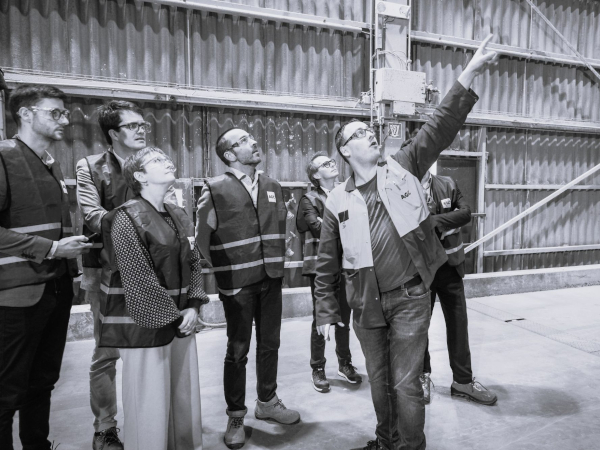
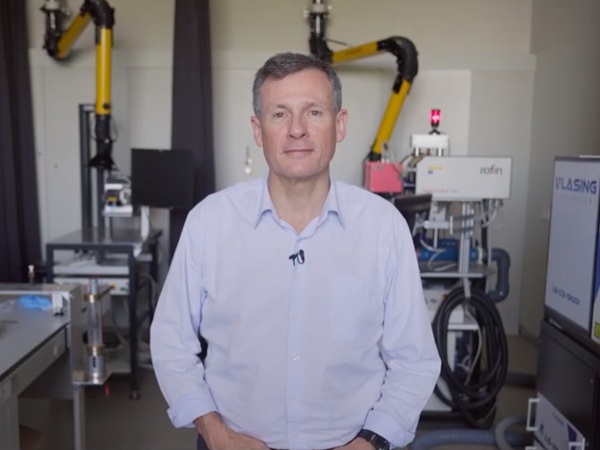
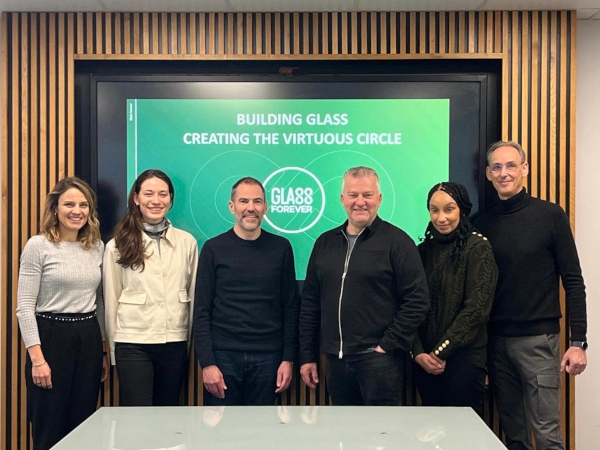
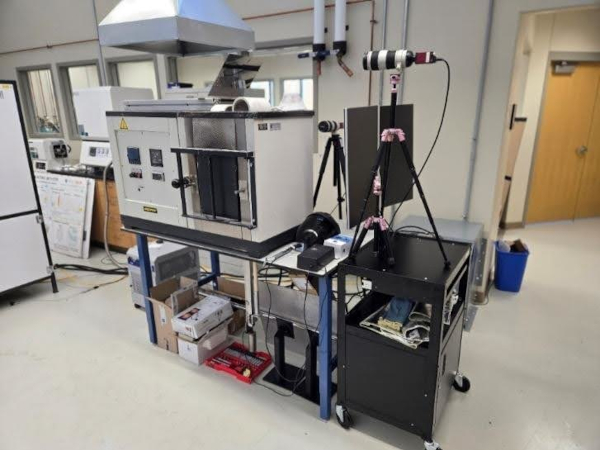
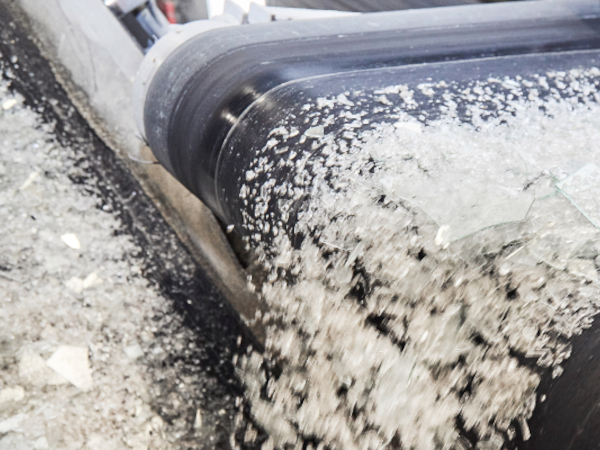
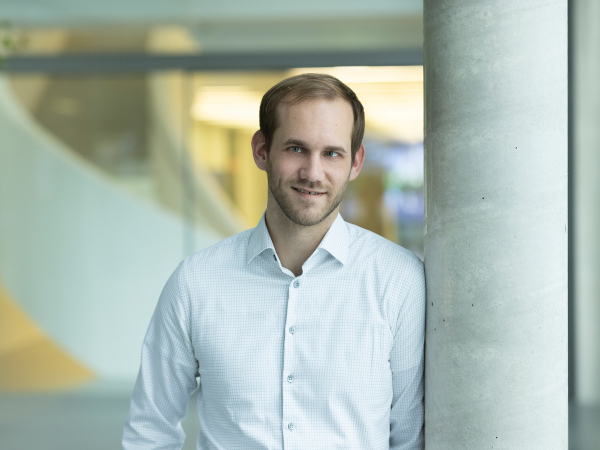
Add new comment